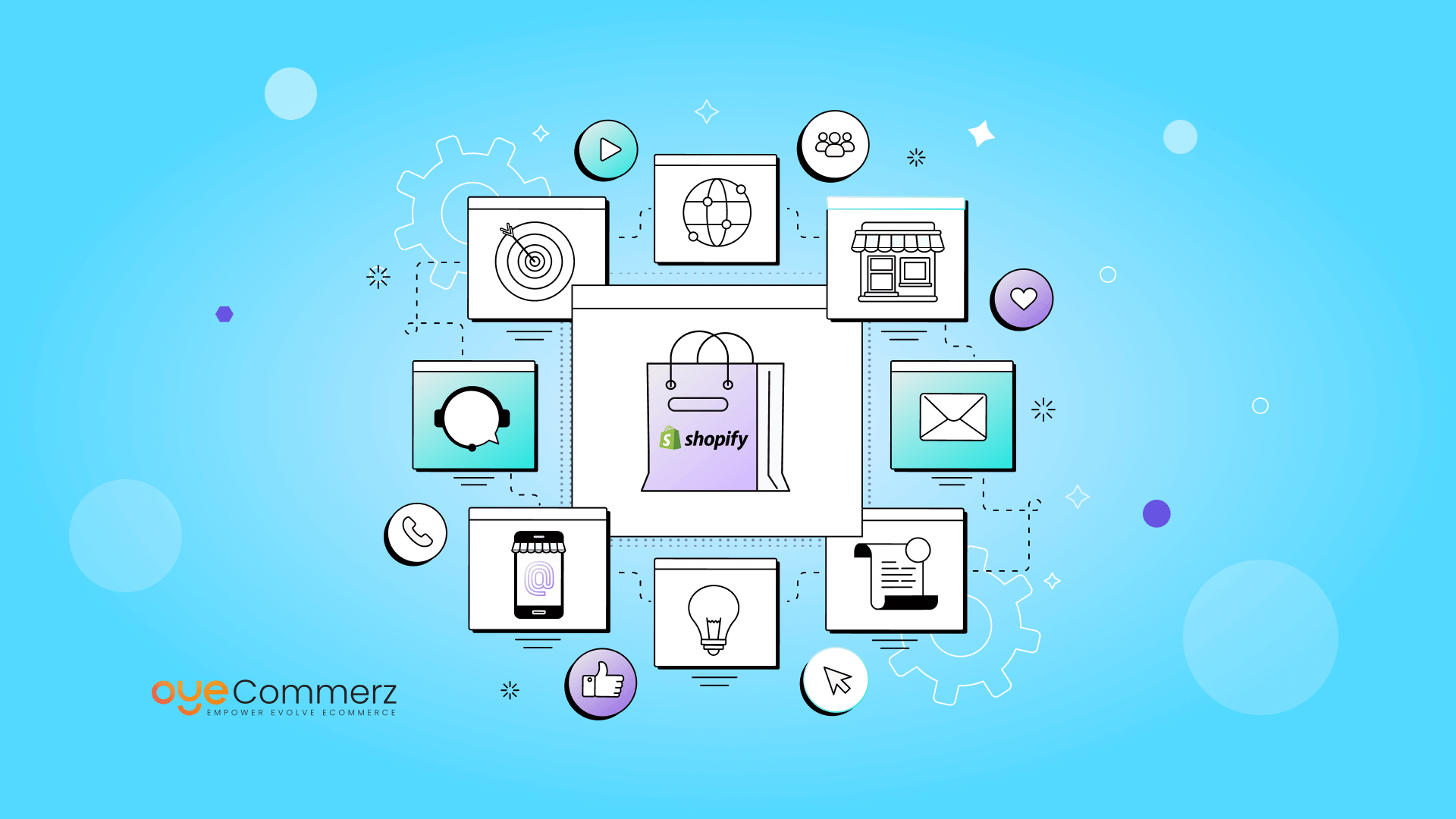Introduction
In the current competitive e-commerce landscape, differentiating is essential, and one of the best ways to set apart a Shopify store is through tailored app development. A well-built Shopify app can boost store functionality, streamline operations, and boost customer interaction. This article delves into essential aspects of Shopify app development, from API integration to scaling strategies and promotion methods, offering a roadmap for businesses seeking superior store efficiency.
The Importance of Shopify API Integration
Shopify’s API provides powerful tools to personalize and expand store functionalities. With GraphQL and REST APIs, developers can access data to create apps that manage inventory control, order handling, and customer information management seamlessly. Using Shopify’s API can lead to better workflow automation and allows stores to assist shoppers more effectively.
Adopting the Polaris Design System
Shopify’s Polaris is Shopify's set of design guidelines for designing intuitive and easy-to-use Shopify apps. By following Polaris guidelines, developers ensure that apps integrate smoothly within the Shopify Admin experience. This provides a cohesive appearance that resonates with Shopify merchants, encouraging usability and familiarity for merchants using your tailored app.
Understanding the Shopify App Ecosystem
The Shopify app ecosystem offers endless possibilities for improving online stores. From managing fulfillment processes to increasing customer engagement, apps in this environment are designed to meet diverse business requirements. Familiarizing with this ecosystem assists developers in identifying unique app ideas and allows for smooth connections of third-party services that add value to the store.
Developing Embedded Shopify Apps
Embedded apps work seamlessly within the Shopify Admin, allowing a seamless experience for merchants. They allow merchants do not need to leave their Shopify dashboard, streamlining their workflow. Employing Shopify App Bridge and embedded app capabilities is recommended for providing a unified, integrated user environment.
Leveraging Node.js and React for Shopify Development
The technologies Node.js and React have emerged as ideal tools for Shopify app creation. Node.js enables high-performance back-end services, while React enables dynamic, responsive front-end user interfaces. Combined, they provide an excellent platform for building Shopify API tools fast, scalable Shopify apps that improve store performance and customer engagement.
Utilizing Webhooks in Shopify Development
Webhooks enable instant data synchronization between Shopify and an outside application. They trigger events such as order creation or stock changes and send instant alerts to your app. By implementing webhooks, apps can provide up-to-date insights for store owners, streamlining workflows and increasing productivity.
Engaging Customers Through Digital Marketing for Shopify Apps
To make a Shopify app successful, engaging customers is crucial. Utilizing digital marketing strategies like SEO, email marketing, and social outreach can drive app adoption. Additionally, creating applications with customer interaction as a focus (e.g., loyalty programs or personalized recommendations) increases user loyalty and loyalty.
Scaling Your Shopify App
As e-commerce stores expand, so do their technology requirements. Ensuring that your app can scale to handle higher usage, larger data sets, and more complex functionalities is essential. By improving server capacity and using scalable technologies, you can create apps that expand Unlocking Shopify app potential in tandem with a store’s success.
Important Features and Maintenance Tips for Shopify Apps
For an app to be effective, it should include essential features like user login, analytics dashboard, and support channels. Regular app upkeep, with updates to fix bugs and ensuring compatibility with new Shopify functionalities, is vital to ensure uninterrupted performance and avoid interruptions to business processes.
Summary
Custom Shopify app development holds vast potential for e-commerce stores, offering the chance to improve store functionality, simplify operations, and build customer relationships. From integrating APIs to ensuring scalability and customer engagement, creating a Shopify app requires thoughtful preparation and well-planned actions. If you’re prepared to unlock your store’s full potential, a custom Shopify app may be the perfect solution. What features do you envision for your dream application? Share your ideas and begin the journey to an optimized e-commerce journey!
